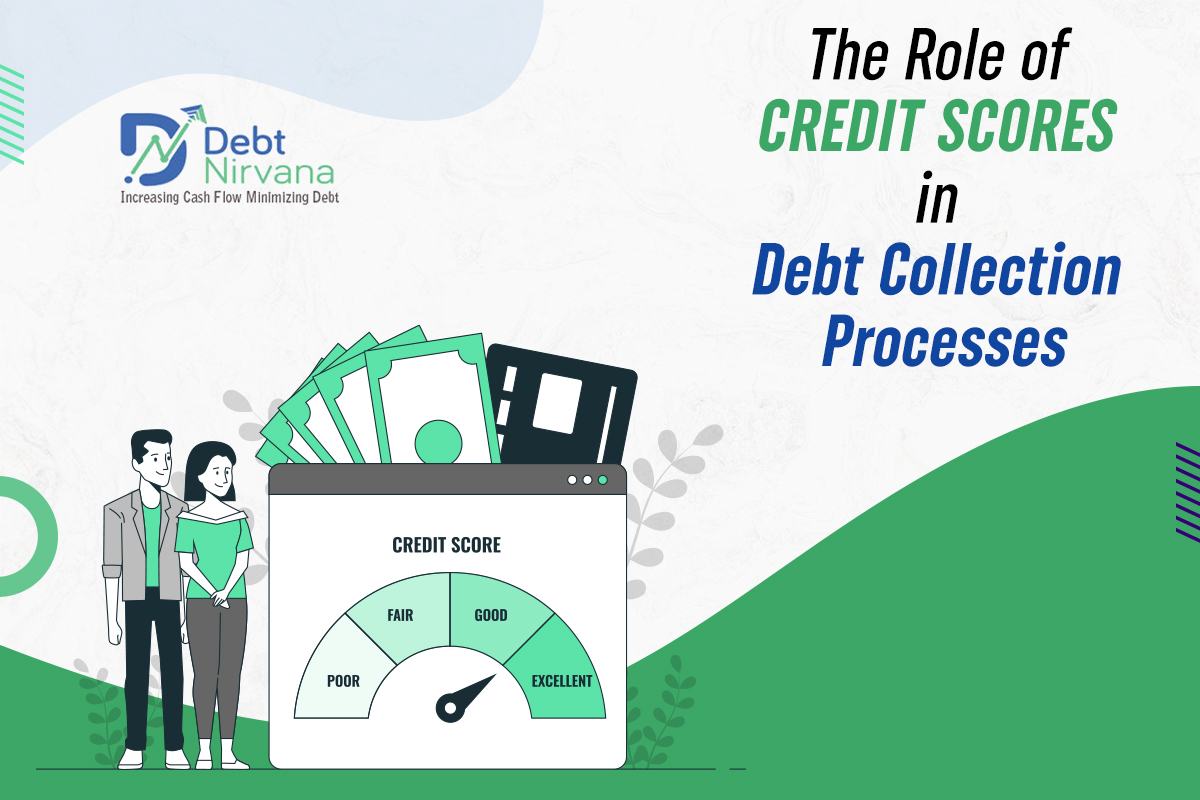
The Role of Credit Scores in Debt Collection Processes
Introduction:
In the world of debt collection, credit scores play a significant role in determining the success of the collection process. In simple terms, a credit score is a statistic that measures the creditworthiness of a borrower. As well as the likelihood of paying back a loan or debt.
Debt collection agencies use credit reports India to assess the risk involved in collecting a debt. And to determine the most effective collection strategies. In this blog, we will discuss the role of credit scores in debt collection processes.
The Role of Credit Scores in Debt Collection Processes
1. Risk Assessment
Credit scores are an essential tool for debt collection agencies to assess the risk involved in collecting a debt. By analyzing a debtor’s credit score, debt collection agencies can determine the likelihood of the debtor paying back the debt. And then focus on their collection efforts accordingly. It helps debt collection agencies to optimize their resources and increase their success rate.
2. Collection Strategies
Credit scores play a significant role in determining the most effective collection strategies. Debt collection agencies can tailor their collection strategies based on the debtor’s credit score. For example, debtors with higher credit scores may respond better to polite reminders and negotiation. While debtors with lower credit scores may require more aggressive collection efforts.
3. Negotiation
Credit Scores & Business Information Reports India can also play a role in negotiating debt settlements. Debt collection agencies can use credit scores to determine the debtor’s ability to pay back the debt. And on that basis, they negotiate a settlement accordingly. This helps debt collection agencies to reach a settlement that is reasonable for both the debtor and the creditor.
4. Communication
Credit scores can also influence the communication between debt collection agencies and debtors. Debtors with higher credit scores may be more responsive to communication and more willing to resolve their debts. On the other hand, debtors with lower credit scores may be more difficult to communicate with. And may require more effort from debt collection agencies to reach a resolution.
5. Legal Action
Credit scores can also play a role in determining whether legal action should be taken against a debtor. Debt collection agencies can analyze a debtor’s credit score to determine their ability to pay back the debt. And the likelihood of success in legal proceedings. This helps debt collection agencies to make informed decisions about whether legal action is a viable option.
6. Credit Reporting
Credit scores can also influence credit reporting. Debt collection agencies can report a debtor’s unpaid debts to credit reporting agencies. And it can negatively impact the debtor’s credit score. This can have long-term consequences for the debtor’s ability to obtain credit in the future.
Conclusion
Understanding the role of credit scores in the debt collection process is essential for creditors & debtors alike. By understanding the impact of credit scores, debtors can make informed decisions about their debts. And creditors can optimize their debt collection strategies.
If you are looking for bad debt recovery services India, consider working with a Debt Nirvana. We have broad experience in analyzing credit reports and using them to maximize collection efforts. To benefit from our services, get in touch with us whenever you like at rvm@debtnirvana.com.


